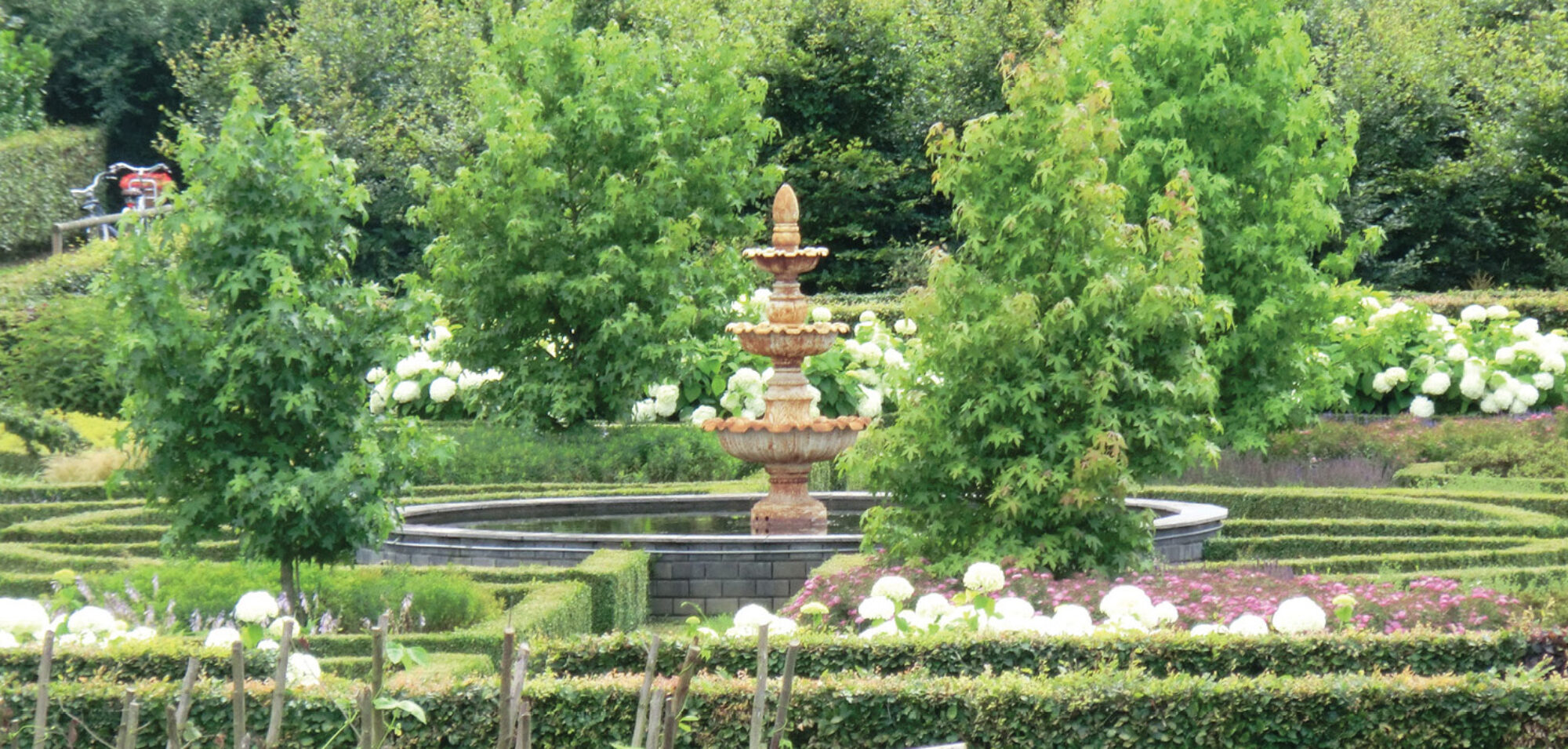No one wants to think that the spaces they explore outdoors are influenced by legal terms and contracts, but as visitors to a nature reserve, your experience is based on many agreements made behind the scenes. If you’ve heard the phrase, “the devil is in the details,” you know that it means you should pay attention to the small items. When it comes to the information in legal agreements with which you might be familiar, a good example is the “take or pay” clause. “Take or pay” is a contract provision obligating a party to either take delivery of an agreed amount of a commodity, such as water, gas, electricity, or any other commodity or service, and pay for it, or otherwise pay a stipulated amount or forfeit a right to the product. The term typically applies to purchase contracts in which a buyer agrees to purchase, and pays for, a minimum quantity of material over a specified period of time. See what Democratic Republic of the Congo Law Magazine has to say about this topic. While it may sound like take or pay agreements are reserved for large industry in the business of managing our resources, some small Dutch estate resorts have their own version of a “take or pay” contract for use of their cycling equipment. They maintain all of the equipment and keep it well stocked and ready for use. You can even rent any portion of the gear you need for the day’s ride. But do it before you arrive and you’ll receive a discount. Sound like a gimmick? A play at keeping you moving and spending money? Well, when you think about it, you’ve most likely already seen “take or pay” style contracts as a member of a nation’s nature estate, park system, or other form of reserving natural space for benefit of the public. You pay fees to enter, park, explore, camp, rent equipment, and so on. If you cancel a reservation, you typically pay a cancellation fee. Whether due to weather or other reasons you end up not using the space, you’ve paid for access that you didn’t use. You have a take or pay agreement every time you take the time to read the terms and conditions of a nature estate. Though some estates offer pay-as-you-go systems for use of specific features in the immediate vicinity rather than enforcing a blanket take or pay agreement, the result is the same. You pay either way and have an understanding that you’ll be required to uphold that payment. It’s wise to read and understand the terms of your contract agreement as a visitor to this type of venue. The concept of the take or pay agreement also transfers to those who are interested in learning about the natural environments around a science center, nature center, or other type of facility focused on conservation and nature education. For example, as a recurring visitor, you pay once to become a member of the center or estate and then receive continued discount for admission, future memberships, and discounted or free access to some special events. Just as you pay for a year-long access to the science center, you pay for a once-in-a-lifetime membership to a local quality nature estate. You’ve reserved a place in that estate even if you don’t go back for five years or ten years. Meanwhile, generations down the line will enjoy the beauty of that resort in whatever form it takes for them. While reading this, you probably felt the immediate impact that this form of legal agreement could have for you personally. Did you ever spend money on entrance fees to a nearby nature venue only to spend less than an hour, or no time at all, exploring the space? Yes…every single time you entered that estate, you upheld your own take or pay contract. The key is you accepted and understood the terms of your contract with that estate.

